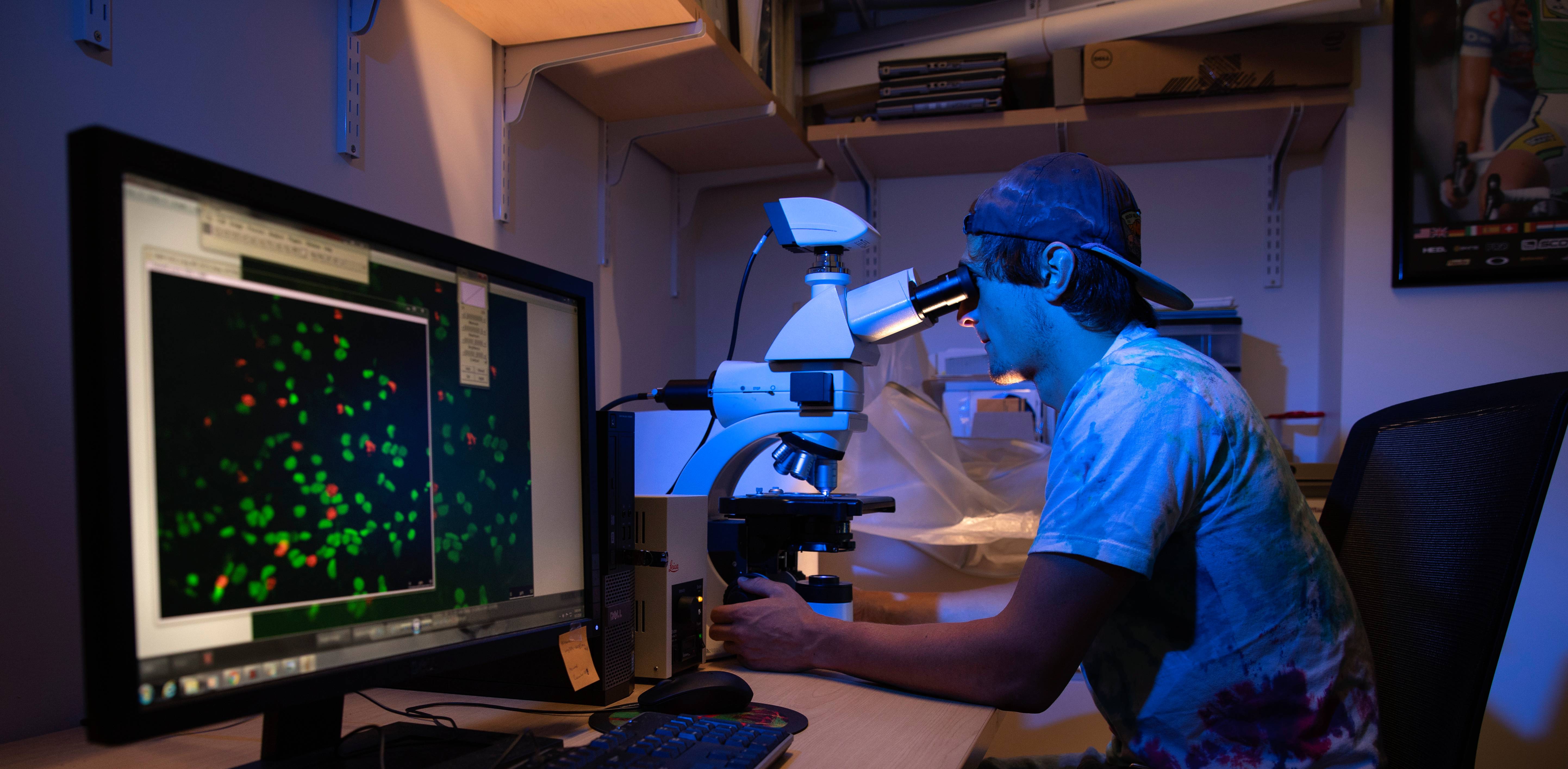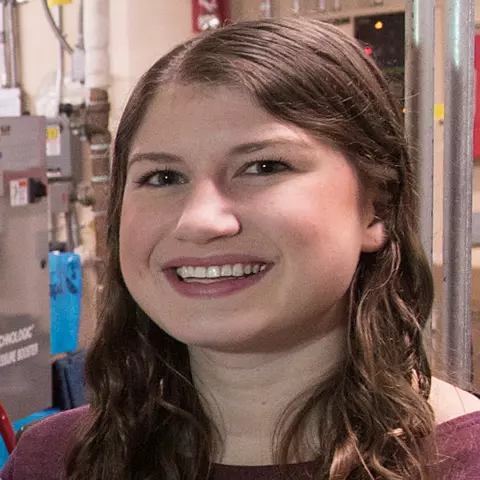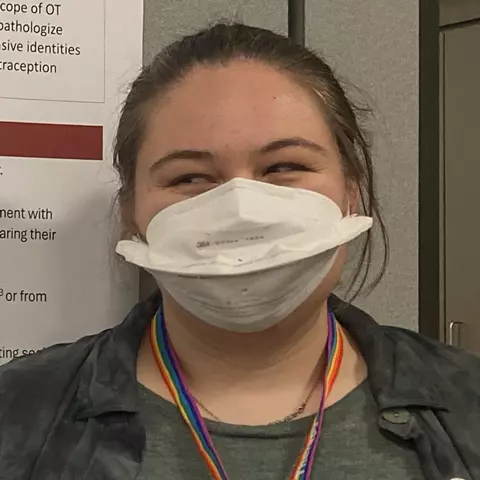How does society affect the development of science, technology, and health systems? How do science and medicine interact with religion and philosophy in shaping our worldview? How do science, medicine, economics, and social values interact in contemporary decision making?
The Science, Technology, Health, and Society (STHS) Program offers an interdisciplinary major and minor that focuses on the history, philosophy, and sociology of science, technology, and health. STHS courses encourage students to consider how science, technology, and health are linked to all aspects of human experience, including economics, politics, and religion. Faculty from more than a dozen different disciplines within and outside of the sciences participate in Science, Technology, Health, and Society.

















